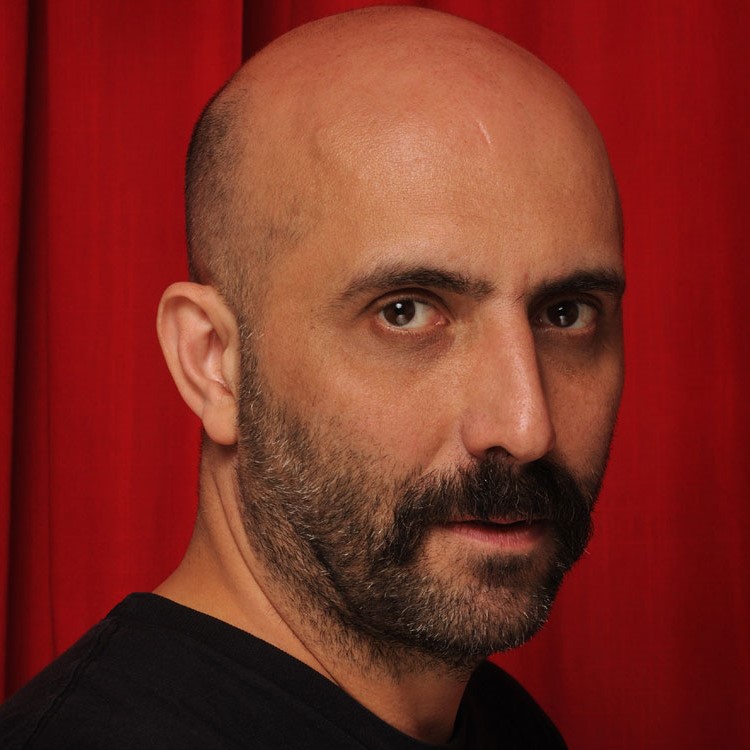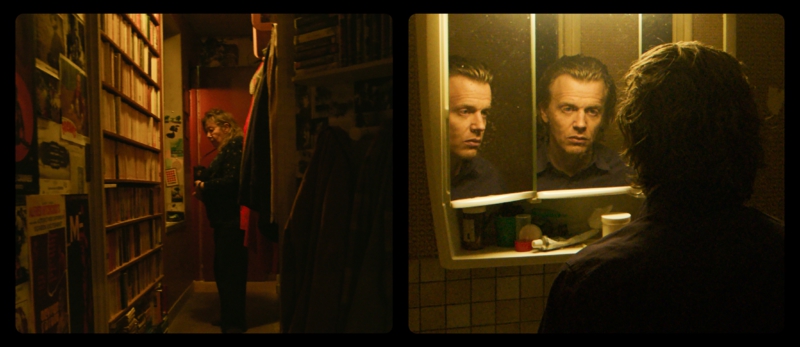Cult director Gaspar Noé is back with Vortex. His sixth feature film plunges us into the throes of Alzheimer’s disease, which Françoise Lebrun’s character suffers from, through a split screen that follows her day-to-day life with her husband, played by the master of giallo, Dario Argento. The movie marks a turning point in the director’s career, while revisiting his obsessions. As Philippe Nahon’s character declared at the beginning of Irreversible, “Time destroys everything.”

